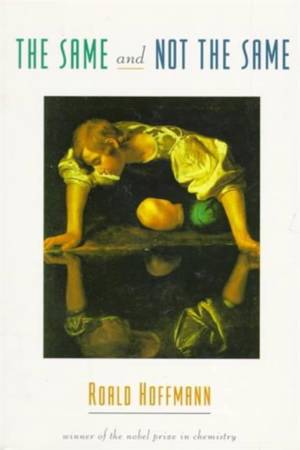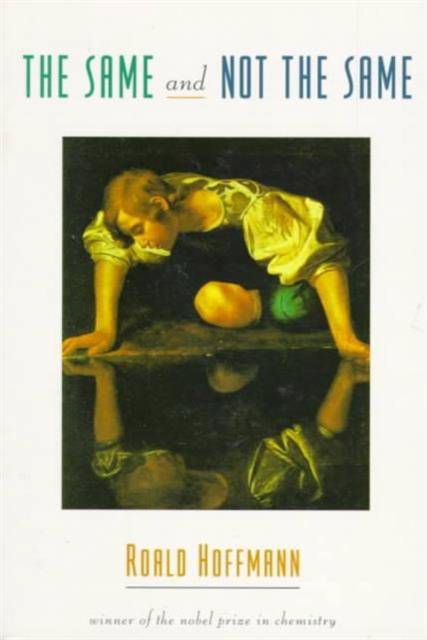
- Retrait gratuit dans votre magasin Club
- 7.000.000 titres dans notre catalogue
- Payer en toute sécurité
- Toujours un magasin près de chez vous
- Retrait gratuit dans votre magasin Club
- 7.000.0000 titres dans notre catalogue
- Payer en toute sécurité
- Toujours un magasin près de chez vous
67,95 €
+ 135 points
Format
Description
Positioned at the crossroads of the physical and biological sciences, chemistry deals with neither the infinitely small, nor the infinitely large, nor directly with life. So it is sometimes thought of as dull, the way things in the middle often are. But this middle ground is precisely where human beings exist. As Hoffmann shows in his inspired prose, the world observed at its molecular level is complex and agitated, as are the emotions of the supposedly dispassionate scientists who explore it. In The Same and Not the Same the vital tensions of chemistry are revealed; with down-to-earth explanations, Hoffmann uncovers the polarities that power, rend, and reform the world of molecules. When we wash an apple before eating it, we are thinking not merely of the dirt that may still be on it but of the pesticides used in agricultural production. When we take medication, we expect relief for our pain but also fear side effects. The Same and Not the Same shows this ambivalence to be only one of a number of dualities pervading the world of molecules. The theme of identity, reflected in the title of the book, is central to the story. Other dualities, from stasis and dynamics, to creation and discovery to the rich complexity of revealing and concealing, are lucidly delineated for nonscientist and scientist alike. The Same and Not the Same also offers a rare and compelling personal statement of the social responsibility of scientists. Unabashedly confronting some of the major ethical controversies in chemistry today, the book strives for balance in facing the pressing ecological and environmental concerns of our time.
Spécifications
Parties prenantes
- Auteur(s) :
- Editeur:
Contenu
- Nombre de pages :
- 314
- Langue:
- Anglais
- Collection :
Caractéristiques
- EAN:
- 9780231101394
- Date de parution :
- 06-02-97
- Format:
- Livre broché
- Format numérique:
- Trade paperback (VS)
- Dimensions :
- 154 mm x 228 mm
- Poids :
- 707 g

Les avis
Nous publions uniquement les avis qui respectent les conditions requises. Consultez nos conditions pour les avis.






